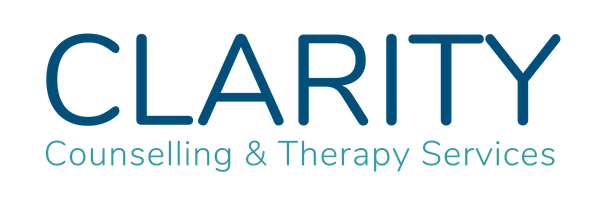Ethics
As a member of the National Counselling and Psychotherapy Society (NCPS) I am governed by their ethical code of practice which sets out the fundamental principles and provides expectations of how I conduct my practice.
The fundamental principles of this code are:
1. Working towards the good of clients and doing no harm (Beneficence and Non-maleficence)
Practitioners hold the welfare of clients central to their work and so commit to avoiding harm.
2. Being trustworthy and responsible (Fidelity)
Practitioners endeavour to establish trust with their clients and the community in which they work. Therefore, practitioners not only honour the trust placed in them by their clients and the community but also act in a respectful, professional and ethical manner when representing their profession.
3. Respect for the dignity and rights of the client (Autonomy)
Clients have the right to self-determination and to be shown dignity and respect for making their own lawful decisions.
4. Justice
Practitioners are aware of their own judgements based on their own experiences, and need to take precautions (supervision) to provide a service that is not restricted by their own prejudice and limitations of experience. This also means showing respect for diversity of persons, without prejudice to colour, race, belief, gender, sexuality, social context, and mental and physical abilities.
5. Integrity and self-responsibility
Practitioners work to be as honest, truthful and accurate as possible. They are also responsible for looking after their own needs and health. So, a practitioner will only commit to a practice that they can offer being aware of own expertise, training, health and wellbeing and let the client know if anything changes.
Further information can be accessed at the NCPS’s website.
